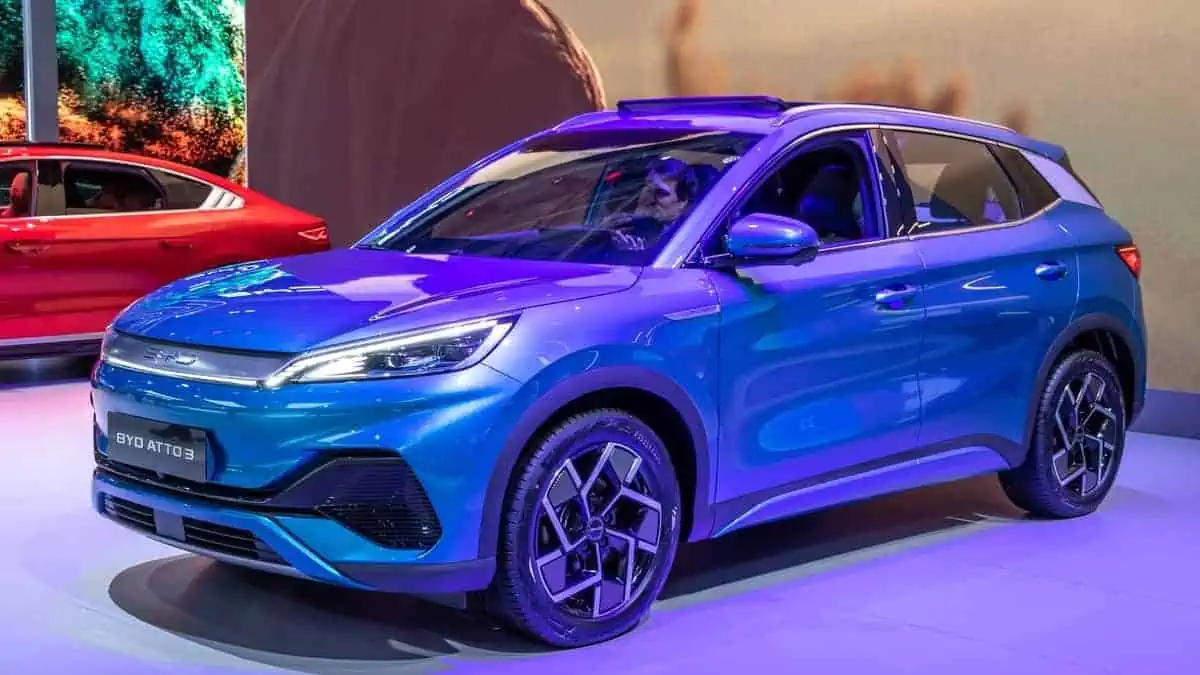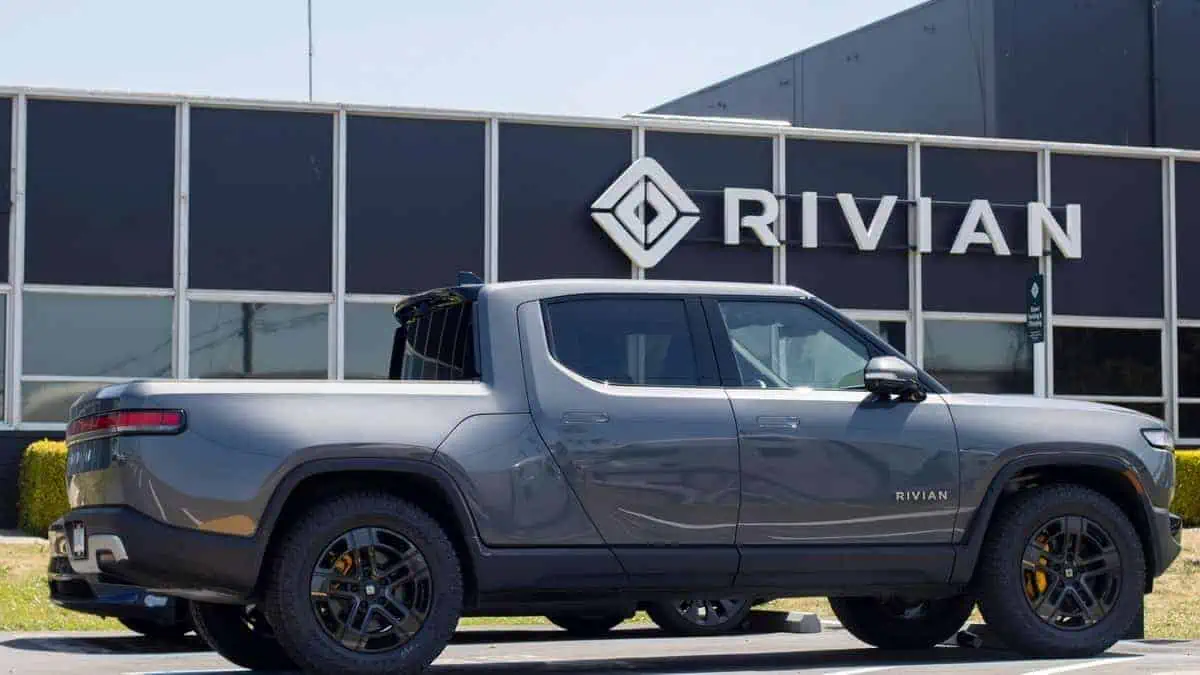Tesla rival BYD apparently received a whopping $3.7 billion (€3.4 billion) in direct government subsidies as the Chinese government seeks to lead the global electric vehicle and other clean tech markets, Bloomberg reports, citing a new study by a German institute.
China’s significant subsidies for BYD
BYD reportedly benefitted from at least $3.7 billion (€3.4 billion) from the Chinese government. According to the recent report of Germany’s Kiel Institute for the World Economy, financial aid for the Chinese electric vehicle giant surged from just €220 million in 2020 to €2.1 billion in 2022.
Apart from this substantial financial aid, BYD also gains an advantage from support for domestic battery makers and rebates for its buyers. With these considered, the institute claims that these subsidies “have allowed Chinese firms to scale up rapidly, to dominate the Chinese market, and to facilitate increasing expansion into EU markets.”
As per the report, almost all of the Chinese-listed entities received government support in 2022, with a focus on wind, solar, and railway rolling stock companies. The Kiel Institute for the World Economy further noted that China’s industry aid is “at least three to four” times larger than in EU and OECD countries.
EU’s concern
The alleged “unfair” subsidies BYD and other Chinese EV makers receive from the Chinese government prompted the European Union to launch an investigation into the issue starting in October 2023. Initial tariffs may arrive as early as July.
The EU is under pressure from increasing requests to rebalance its trade with China as nations like France warned of an economic threat from the surge of China-made products in the region.
True enough, BYD and its co-Chinese automakers like NIO and Geely are expanding in the European market after they grew their businesses in their home turf, where Western brands (Tesla and VW) are starting to lose their foothold amid the intensifying price war.
Apart from the investigation effort, the EU also launched a €40 billion innovation fund for its local industry to better compete with China along with subsidies earmarked in the Inflation Reduction Act in the United States.
“China’s subsidy policy has been a controversial issue for years: European industries often struggle to compete with Chinese counterparts on price. However, without China’s subsidized technology, products crucial for Germany’s green transformation would become more expensive and scarce as well.”
Dirk Dohse, research director at the Kiel Institute and co-author of the study
China claims its superior products help dominate the market, not subsidies
The Chinese government calls the EU’s subsidy investigation “protectionist,” further saying that its automakers dominate due to their outstanding products.
Chinese Minister of Commerce Wang Wentao recently stated in Paris that Chinese electric automakers depend on “continuous technological innovation” rather than subsidies. Minister Wang also emphasized that the country has advanced local supply chains, making it easier for local brands to offer innovative yet affordable products.
German Chancellor Olaf Scholz is set to visit China this week. According to one of the report’s authors Dirk Dohse, it presents an “excellent opportunity” to negotiate with the Chinese government about its subsidies.
BYD hit a $4.16 billion (30.04 billion yuan) net income, giving it a huge advantage to beat the competition in the electric vehicle market with its low pricing strategy. It enjoyed a more than 80% increase in net profit in 2023 without signs of slowing down this year.






